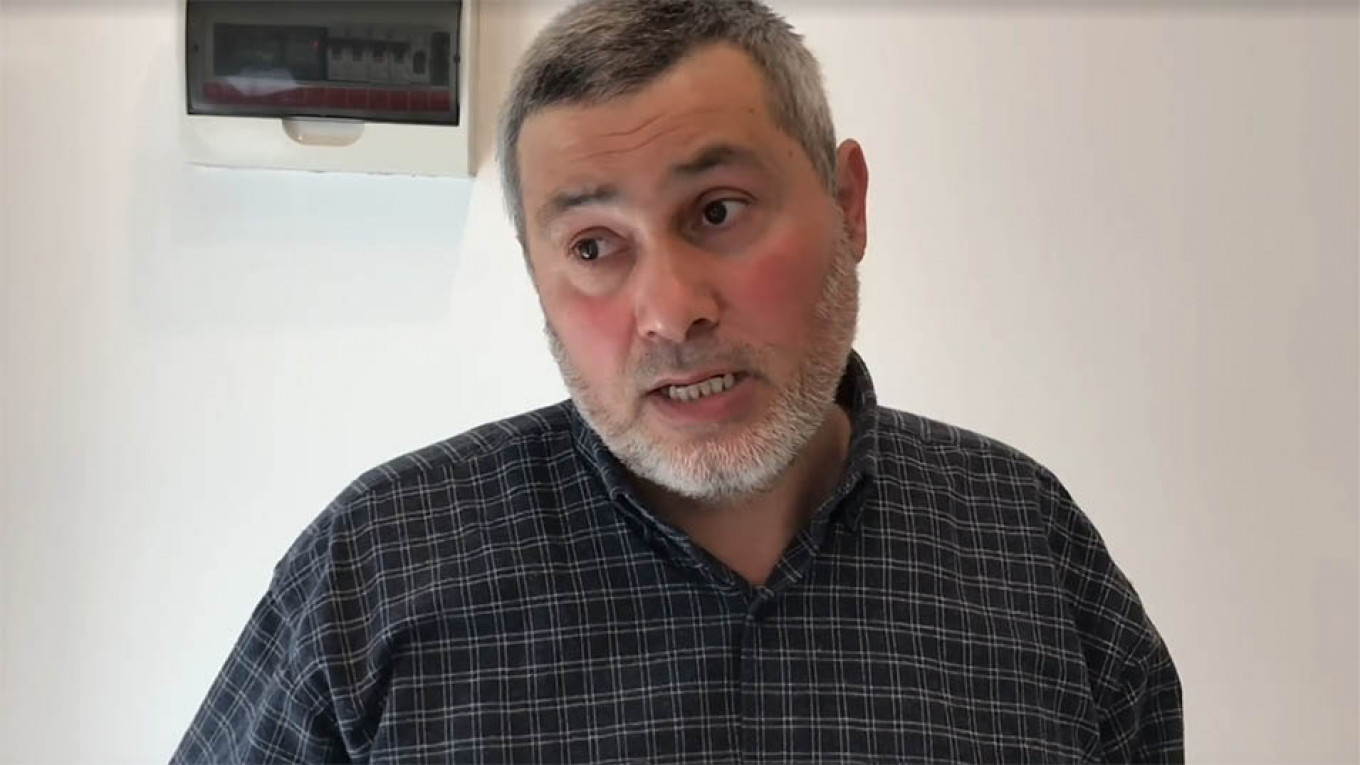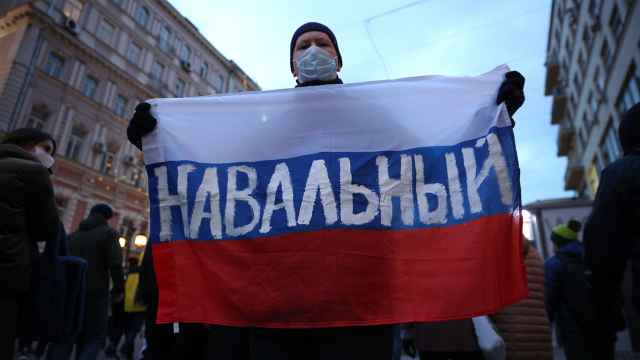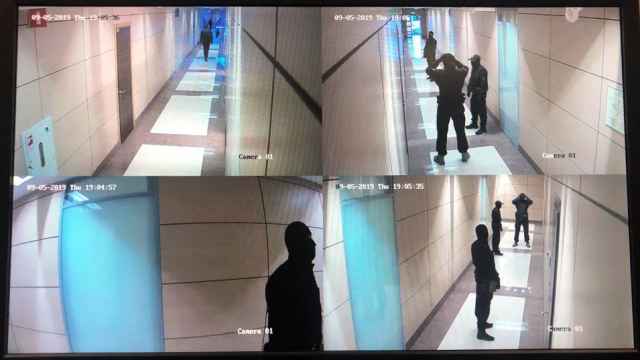Two allies of jailed Kremlin critic Alexei Navalny have gone missing the day after opening a campaign office in the southern Russian republic of Dagestan, the office’s Twitter account said Monday.
Sunday’s low-key opening in the Dagestani capital of Makhachkala follows an abandoned attempt in February, when the then-regional campaign manager was assaulted hours after Navalny’s team first announced their plans.
“Yesterday we opened a headquarters in Makhachkala, and today our coordinator Eduard Atayev disappeared,” Navalny’s office said.
A regional election observer added that Atayev’s assistant Murad Manapov has also gone missing after leaving his home.
Local police denied detaining the two men, Ruslan Ablyakimov, who fled Dagestan after he was attacked after the announced opening in February, said on Monday evening.
Navalny’s office in the Muslim-majority region is part of a wider expansion of its network of 37 offices ahead of key parliamentary elections this fall where his team hopes to block the pro-Kremlin party’s supermajority.
“The capital of Dagestan is the largest Russian city where we have never had a headquarters,” senior Navalny aide Leonid Volkov, who fled Russia in 2019 when authorities opened a criminal money-laundering probe against Navalny’s Anti-Corruption Foundation, wrote last month.
“There is strong disaffection [in Makhachkala] and I know the opening of our headquarters is eagerly awaited there.”
Navalny is serving two and a half years on old fraud charges in a prison colony described as one of Russia’s harshest.
He was jailed upon returning to Russia from Germany, where he spent months recovering from a near-fatal poisoning with what European experts and the global chemical weapons watchdog determined was the Novichok nerve agent.
Navalny, 44, announced he was starting a hunger strike on March 31 to demand proper medical treatment for severe back pain and leg numbness.
A Message from The Moscow Times:
Dear readers,
We are facing unprecedented challenges. Russia's Prosecutor General's Office has designated The Moscow Times as an "undesirable" organization, criminalizing our work and putting our staff at risk of prosecution. This follows our earlier unjust labeling as a "foreign agent."
These actions are direct attempts to silence independent journalism in Russia. The authorities claim our work "discredits the decisions of the Russian leadership." We see things differently: we strive to provide accurate, unbiased reporting on Russia.
We, the journalists of The Moscow Times, refuse to be silenced. But to continue our work, we need your help.
Your support, no matter how small, makes a world of difference. If you can, please support us monthly starting from just $2. It's quick to set up, and every contribution makes a significant impact.
By supporting The Moscow Times, you're defending open, independent journalism in the face of repression. Thank you for standing with us.
Remind me later.






